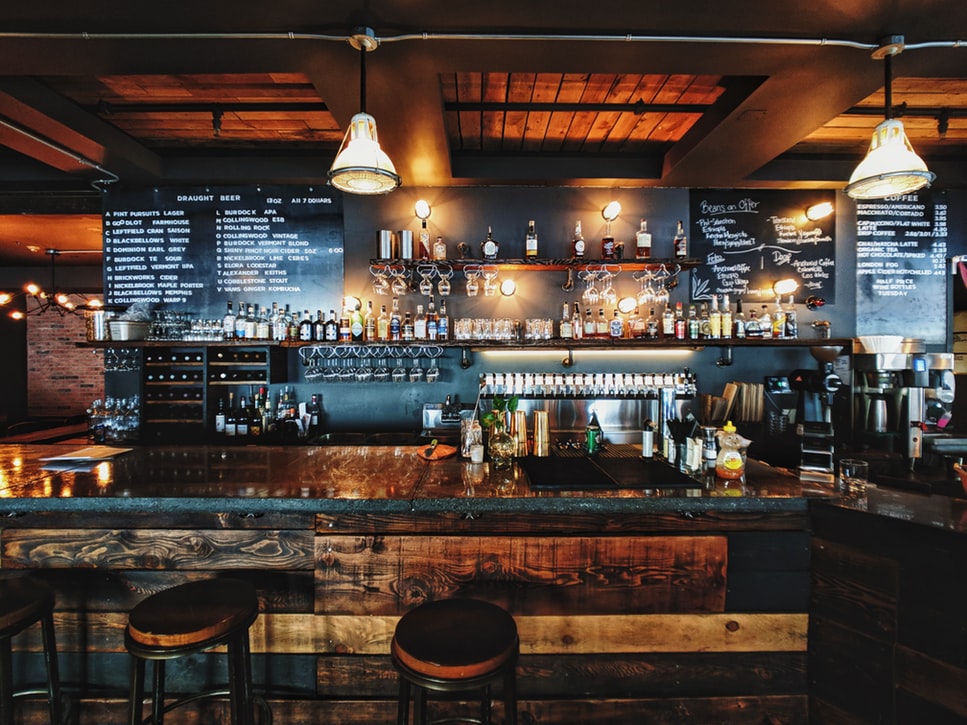Opening and running a bar isn’t quite like running other businesses. Given that alcohol is a regulated substance, there are several things to consider on top of the normal difficulties that come with running a business. Here are a few rules and regulations that you should take into account when running a bar.
The most notable regulations associated with running a bar relate to what is required to sell alcohol. When you are looking to get a liquor license in the United States, the associated regulations vary between states. Even within the same state, the cost required to acquire a liquor license can vary a fair amount. The rate at which a liquor license needs to be renewed also varies depending on where you live as well, so you need to follow a different process if you are ordering from a local beverage distributor in Santa Rosa, CA or from elsewhere. Some licenses are valid for one year, but in Alabama, for example, they always expire on September 30th of every year. Make sure to plan accordingly so you don’t miss a deadline or spend more than you have to on a license.
When going through the permits required to sell alcohol, don’t forget that there are additional permits required for running an establishment that sells food. A health permit, a food service license, and a business license are all examples of legal requirements that involve a healthy amount of paperwork to fill out. There are a few other things that you will need to keep track of once you are a verified employer of the bar’s staff as well, like an Employer Identification Number (EIN). An EIN is simply a number the government issues employers so the government knows who they are, much like a Social Security Number.
There are also permits that are needed if you want to maintain your building in a certain way. In other words, if you want to have particular things that might be important to your business but aren’t directly related to selling food, you might need to get some additional permits. A sign permit, for example, is required if you want to maintain a sign for your restaurant. A music license is another such example, so don’t forget to make sure you have the rights to play a particular piece of music before you put it in the bar.
Once you get your business started and all of the legal paperwork is filled out, you still need to stay on top of the relevant food and health regulations. You can inspect food inspectors to inspect the premises of your business once a year at minimum, with many inspectors visiting at least twice per year. With this in mind, you definitely should make sure to read up on food inspection regulations to stay ahead of the curve when the health inspector comes around.
It may sound obvious, but you should always make sure to double-check the condition of the building itself. Your bar needs to be in a building that is in good shape. There are regulations that dictate what is and is not an acceptable condition for a building to be in, so if you find something in the building that you suspect to be unsafe, you can do some research to see how seriously you should take the damage as a potential violation. If you think your building’s roof is old or damaged you should still consider replacing your roof with wood shakes or another reliable roofing material.
The number of requirements involved with remaining legally compliant with running a bar is frankly astounding, but they all have their own reasons for existing. Running the business end of a bar is no easy task, let alone keeping up with all of the required paperwork, but if you stay on top of all the rules and regulations, you will be in good shape all around.

